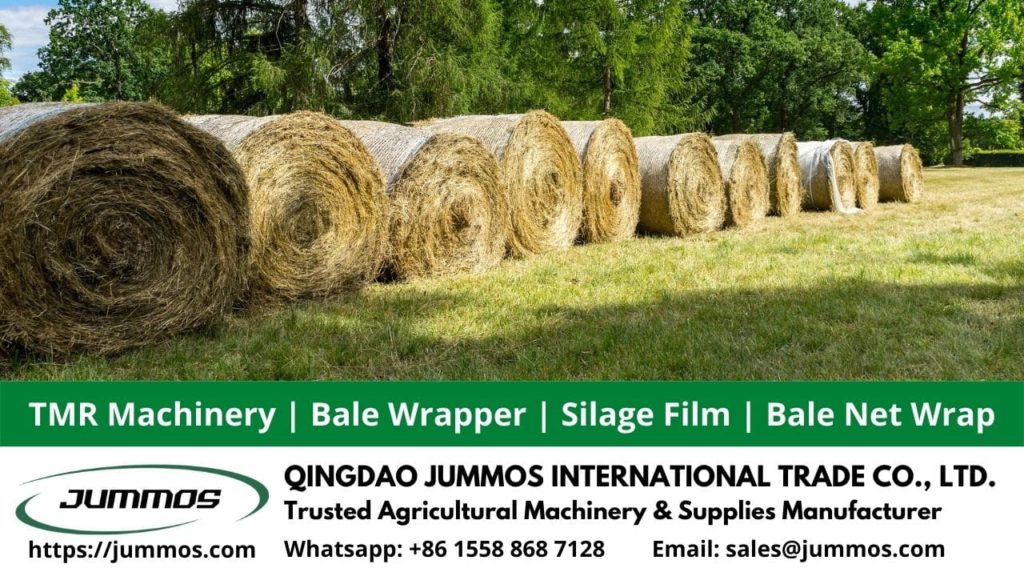What do you know about livestock farming? Yes, you can simplify it by saying that it’s a farming type that focuses more on rearing livestock animals. But do you know anything deeper than that? In this opportunity, we are going to talk more about this subject a little more thoroughly.
What is Livestock Farming?
Simply put, livestock farming is any practice that is involved in managing and breeding animals so that the farmer can derive a lot of things from them. Produces obtained said animals include meat, leather, eggs, and milk, among others. Other definitions to be derived from the term would be activities intended to raise domesticated animals for human consumption by obtaining, for example, meat, honey, milk, fur, and so forth.
This form of farming is one of the oldest economic activities that started early in history. Animals that can be categorized as suitable for this purpose include cattle, pigs, goats, sheep, rabbits, snails, poultry, fishes, snails, and honeybees.
Contents
The Advantages of Livestock Farming
The importance of livestock farming can be observed through its role in helping develop humanity and it has been a primary industry sector in the total economy of the world. How it can increase human life can be seen through the following aspects:
- Humans obtain products of high quality from the practice, including meat, cheese, milk, egg, and others.
- Other industry sectors can also derive benefits from this kind of farming, such as industries of hospitality, tourism, handicrafts, and food processing.
- This industry is one of the most sustainable economic activities.
- It promotes employment opportunities and acts as a prominent income source.
- For some people, it can be sort of a hobby.
- Animal products can be exported to other countries, making this industry sector a valuable source of income for the original country.
- Animals of a bigger size, such as cattle, donkeys, and horses, can be employed to help farming operations such as harrowing, plowing, and carrying stuff around.
Types of Livestock Farming
Types of livestock farming can be divided into several types based on the process of production.
Intensive
In intensive farming, the animals are kept in a special place with maintained temperatures, managed feed, and proper healthcare that can help promote their health.
Semi-Intensive
In this arrangement, the animals are fed and are allowed to roam around the farm to forage in an area that’s carefully enclosed.
Extensive
Extensive farming takes place within large farmland that includes mountains, pastures, and meadows. The reared animals are allowed to graze and derive nutrients from the natural resources around them. One advantage of this type of farming is that it helps conserve the ecosystem.
Nomadic
Nomadic farming is defined as a practice of letting the animal graze on a large-sized land to allow them to take in a natural diet. The practice is known among farmers in arid areas where planting specific crops isn’t possible. It can be found in territories such as Asia and Africa.
Transhumant
Livestock farming of this type allows the animals to move to areas where food is available based on the season of the year. This practice is truly beneficial as it improves soil fertility as the animals leave manure on the surface. Seeds can be dispersed as the animals forage on various plants such as grasses. Its practice is a little scarce save for some regions such as Africa.
Organic
Organic farming is a production system whose target is to obtain food of the highest quality. The practice is conducted without the involvement of synthetic chemicals such as chemical fertilizers or pesticides. As a side note, this practice demands a large space so the reared animals can feed on natural products.
The Best Kind of Feed for Livestock
In raising livestock animals, the right selection of feed is of utmost importance. Silage is one such perfect feed. It is fermented plant parts intended to help with the animals’ digestive tracts.
However, fermented livestock feed requires a special wrapper to keep it fresh and healthy so the animals consuming it can obtain the most out of what is being fed to them. Get only the best quality of wrapping materials from us at Jummos. You will be surprised by how much our products can significantly improve the quality of your silage.

